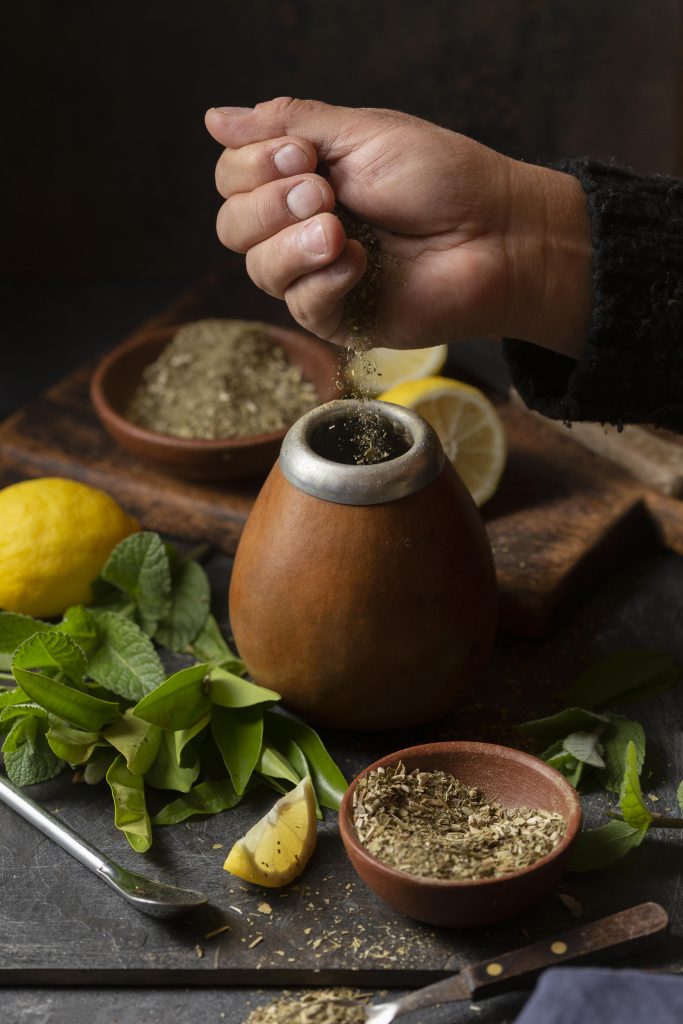
Psoriasis, a chronic autoimmune condition, affects millions globally with its red, scaly patches that often bring discomfort and frustration. While modern medicine offers various treatments, many are turning to Ayurveda for a holistic approach to managing this persistent skin condition. In this blog, we will explore the Ayurvedic perspective on psoriasis and share insights from Dr. Yogesh Vani’s specialized treatments.
Understanding Psoriasis in Ayurveda

Ayurveda, the ancient Indian system of medicine, views psoriasis as a result of imbalances in the body’s doshas—Vata, Pitta, and Kapha. According to Ayurvedic principles, psoriasis is primarily a manifestation of an aggravated Vata and Kapha dosha. This imbalance leads to the accumulation of toxins (Ama) in the body, which manifests as the skin symptoms seen in psoriasis.
Dr. Yogesh Vani’s Ayurvedic Approach
Dr. Yogesh Vani, a renowned Ayurvedic practitioner, specializes in treating psoriasis through a holistic and personalized approach. His treatment strategies focus on detoxification, balancing the doshas, and strengthening the body’s natural healing processes.
Key Components of Ayurvedic Psoriasis Treatment
- Detoxification (Panchakarma)
- Virechana (Purgation Therapy): This involves the use of herbal laxatives to cleanse the body and eliminate toxins.
- Vamana (Emesis Therapy): Controlled vomiting is induced to remove toxins from the upper gastrointestinal tract.
- Basti (Enema Therapy): Herbal enemas help cleanse the colon and balance the doshas.
- Herbal Remedies
- Neem: Known for its anti-inflammatory and antimicrobial properties, neem helps soothe the skin and reduce inflammation.
- Turmeric: Its anti-inflammatory and antioxidant properties aid in reducing symptoms and promoting skin health.
- Aloe Vera: Soothes and moisturizes the skin, helping to alleviate itching and scaling.
- Guggul: This resin from the Commiphora mukul tree helps in detoxification and balancing the doshas.
- Diet and Lifestyle Adjustments
- Anti-inflammatory Diet: Emphasis on fresh, whole foods that pacify Vata and Kapha, such as leafy greens, fruits, whole grains, and lean proteins.
- Avoiding Triggers: Foods that can aggravate Pitta and Kapha, like spicy foods, processed foods, and dairy, should be minimized.
- Hydration: Drinking plenty of water and herbal teas to flush out toxins.
- Regular Exercise: Activities like yoga and walking to maintain balance and reduce stress.
- Stress Management
- Meditation and Yoga: These practices help calm the mind and reduce stress, a common trigger for psoriasis flare-ups.
- Pranayama (Breathing Exercises): Techniques like Anulom Vilom and Kapalbhati help balance the body’s energy and reduce stress.

Benefits of Ayurvedic Treatment for Psoriasis
Ayurvedic treatment for psoriasis offers several benefits:
- Holistic Approach: Treats the root cause of psoriasis rather than just the symptoms.
- Natural Remedies: Uses natural herbs and therapies with minimal side effects.
- Personalized Treatment: Tailors treatment to the individual’s unique constitution and specific dosha imbalances.
- Long-term Relief: Focuses on long-term management and prevention of flare-ups.
Conclusion
Embracing Ayurveda for psoriasis can provide a comprehensive and natural approach to managing this chronic condition. Dr. Yogesh Vani’s expertise in Ayurvedic treatments highlights the potential for healing by addressing the underlying imbalances in the body. By incorporating detoxification, herbal remedies, dietary adjustments, and stress management, individuals with psoriasis can find relief and improve their quality of life. Always consult with a qualified Ayurvedic practitioner to develop a treatment plan tailored to your specific needs.


